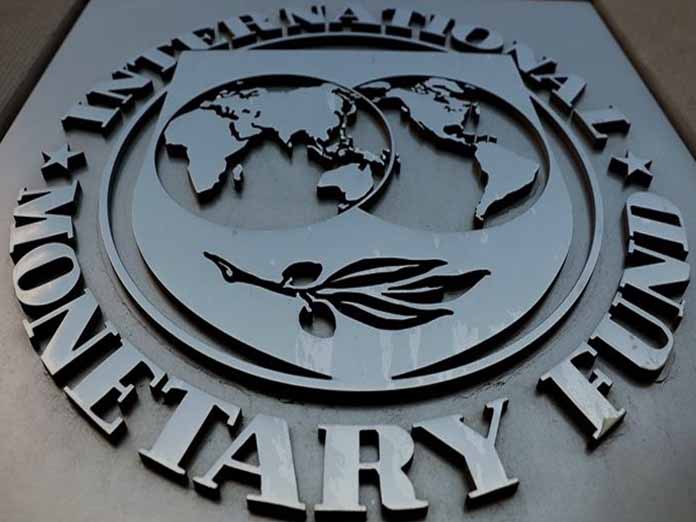September 19, 2019 (MLN): In the latest Monetary Policy Statement (MPS), the State Bank of Pakistan (SBP), rather unsurprisingly, announced to keep the policy rate unchanged at 13.25% for the next two months.
Subsequently, yesterday’s PIB auction was in line with secondary market yield, wherein significant decline in PIB cut-off yields was witnessed.
For 3-year PIBs, yield declined by 130 bps to 12.95%, for 5-year PIBs yield declined by 105 bps to 12.50% and for 10-year PIB, yield declined by 90 bps to 12.25%, suggesting that yield for PIBs are now below the current policy rate, and further inversion in yield curve is expected in September, highlighted in a research report by Ismail Iqbal Securities.
The Participation in the auction remained high as it saw bids for fixed-rate PIBs of PKR 698 billion against a target of PKR 125 billionn. Moreover, SBP accepted bids of PKR 164 billion for fixed rate PIBs which was 23% of bids offered.
Highest bids were seen in 3-year PIBs of PKR 346 billion out of which PKR 63 biliion (18%) were accepted, while for 5-year and 10-year PIBs, PKR 61 billion (35% of bids received) and PKR 40 billion (23%) were accepted, says the report.
Since PIB cut-off yields have come down, the shorter-term T-Bills yields continue to stay elevated, the report added.
On the other hand, policy makers also intend to attract foreign flows in debt securities by keeping higher rates on shorter tenor T- Bills.
Another research report by Spectrum Securities affrims the view by highlighting that since last PIB auction, the treasury market participants are seeming more bullish on govt. securities on the back of the expectations of interest rate cut going forward.
With regards to longer-term PIBs, the government’s unwillingness to borrow longer-term bonds due to expected decline in inflation rate in next couple of years, has created supply issue. In addition, as taxation on PIBs is higher than T-bills for non-resident companies, therefore, no major investment is expected in longer-term PIBs until taxation is relaxed for non-resident investors.
Copyright Mettis Link News
30037







